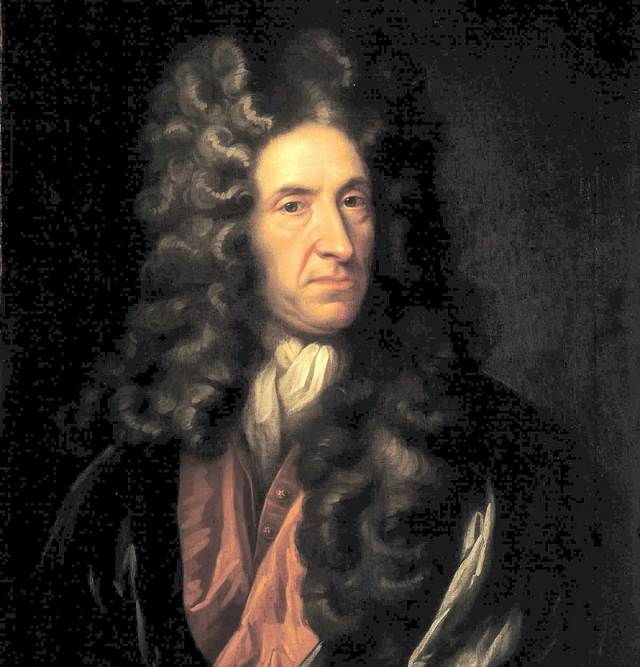Daniel Defoe, public opinion and the Anglo-Scottish Union
Historian article

There is a tendency to represent Daniel Defoe as a novelist and satirical journalist who was at one point placed in the London stocks as a punishment. Ted Vallance's article broadens our perspective to appreciate Defoe's activities as a propagandist in both England and Scotland...
The September 2014 referendum on Scottish independence was hailed, even by the defeated SNP leader and First Minister Alex Salmond, as a ‘triumph for the democratic process'. Overall participation in the referendum was close to 85% and in some regions it topped 90%.1 For many commentators, this demonstration of ‘people power' stood in marked contrast to a general British political landscape increasingly characterised by voter apathy and disenchantment with the main political parties.
The clear majority voting ‘no' ended for the time being the threat of the dissolution of the political union of England and Scotland first forged in 1707. Until recently, however, it has not been recognised that, in 1706-07, support for the Acts of Union...
This resource is FREE for Historian HA Members.
Non HA Members can get instant access for £2.49

